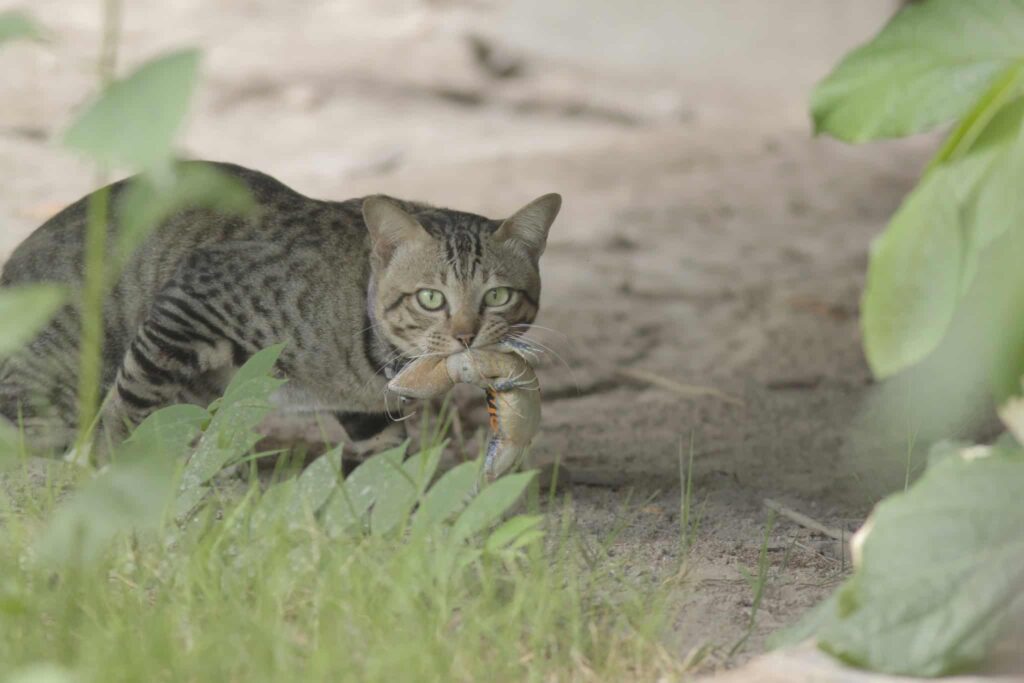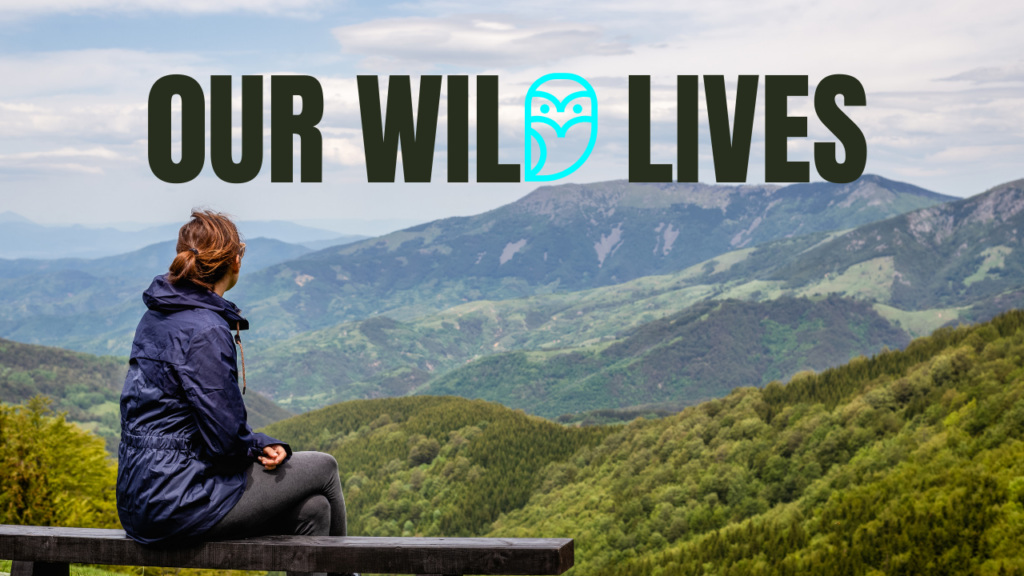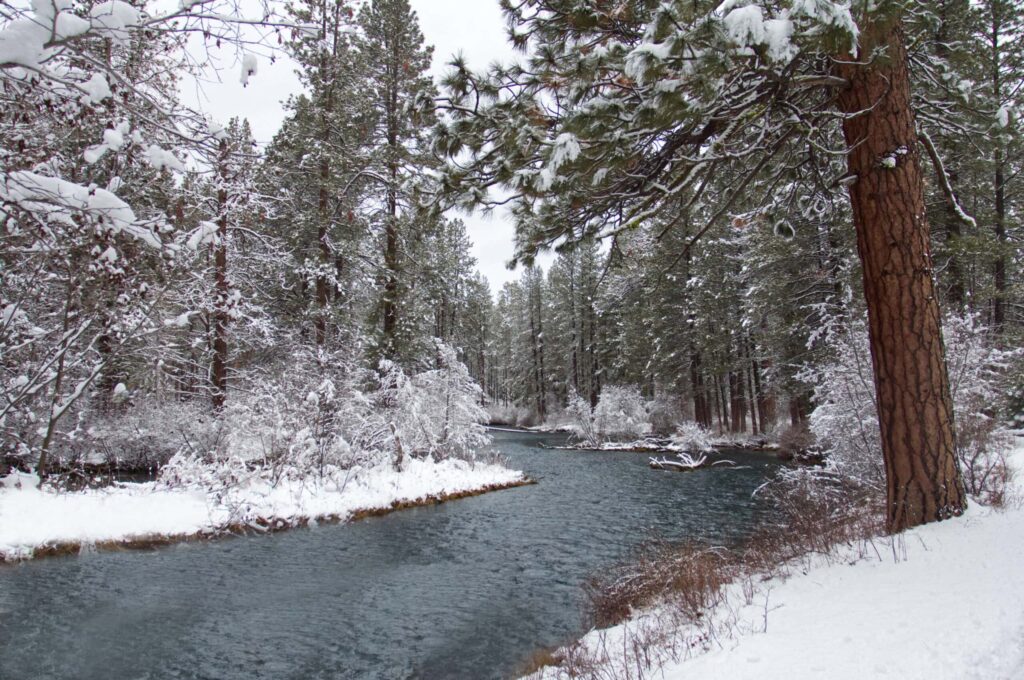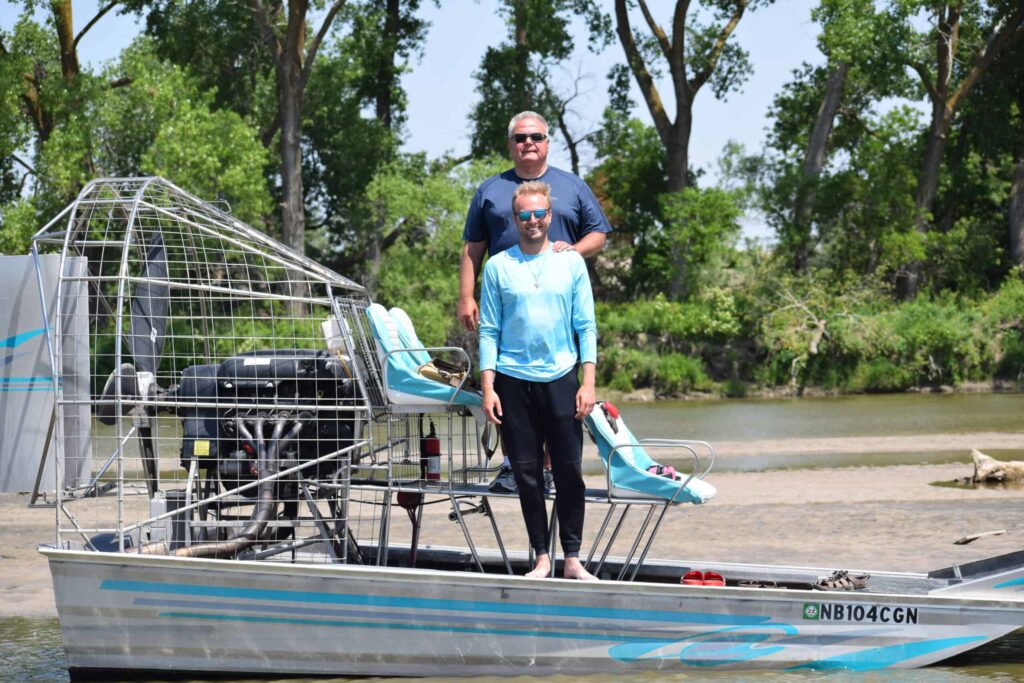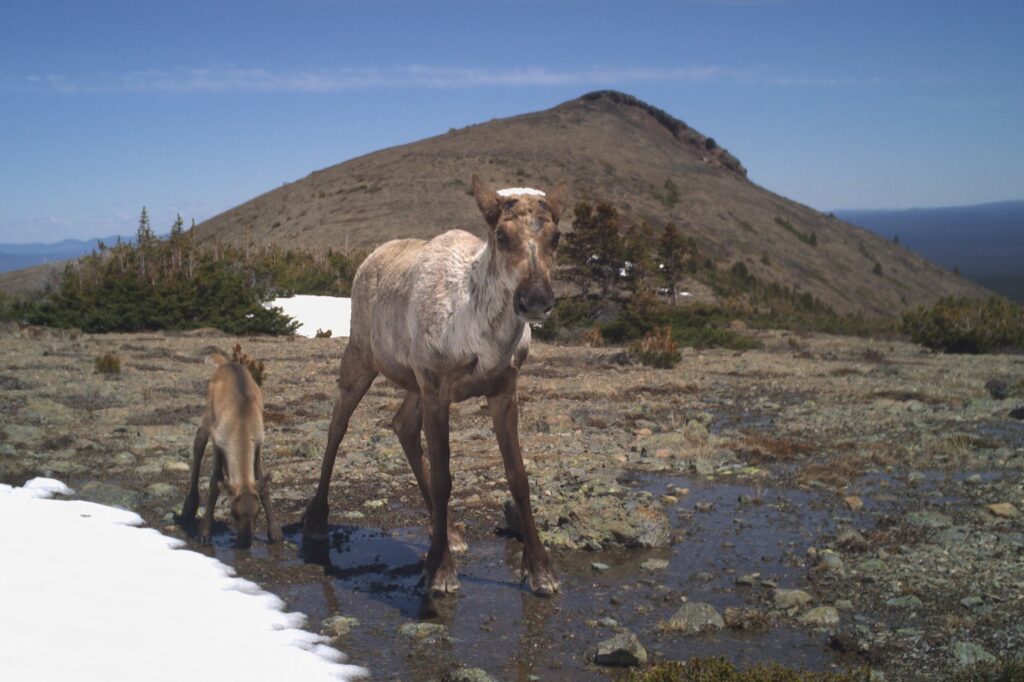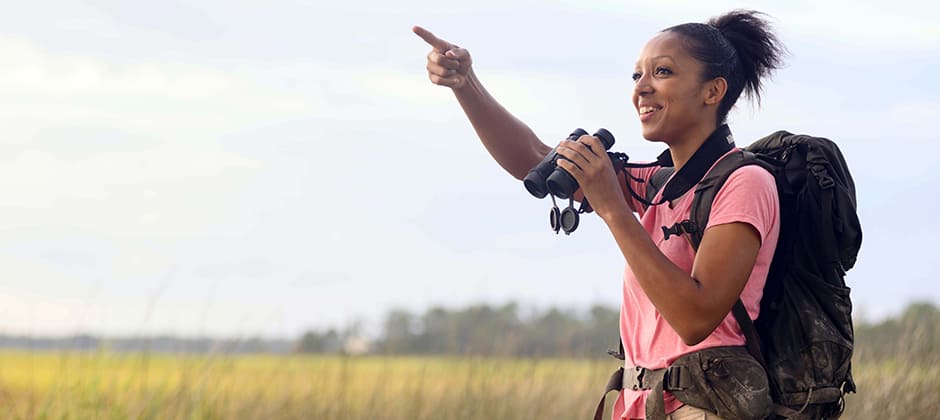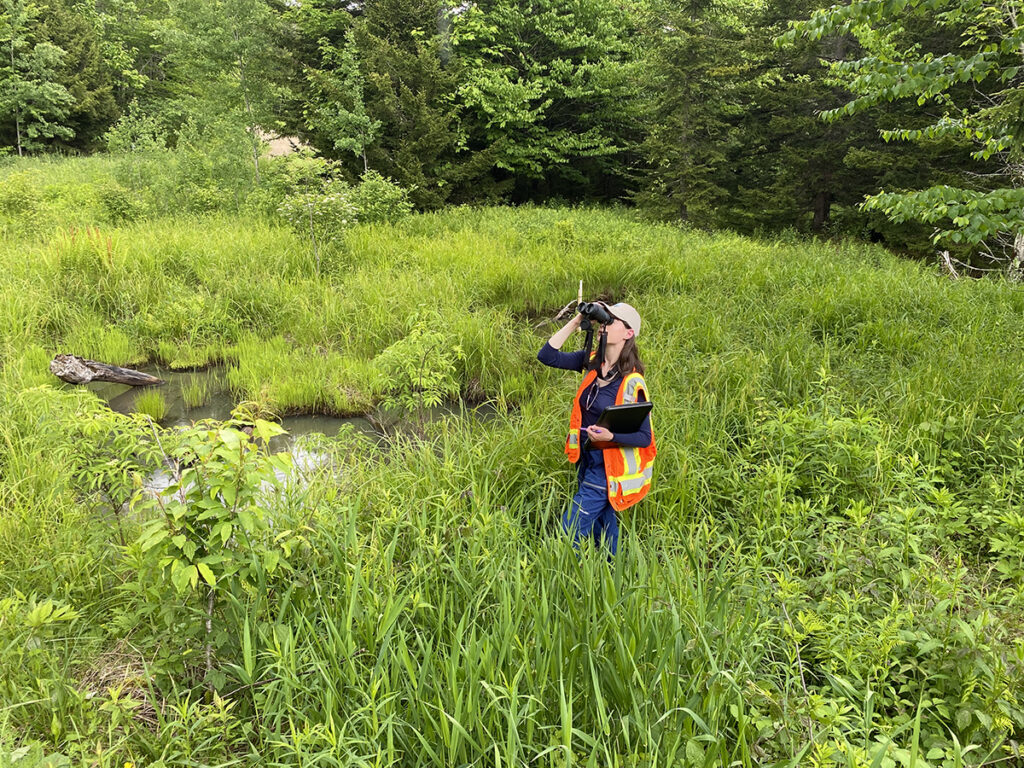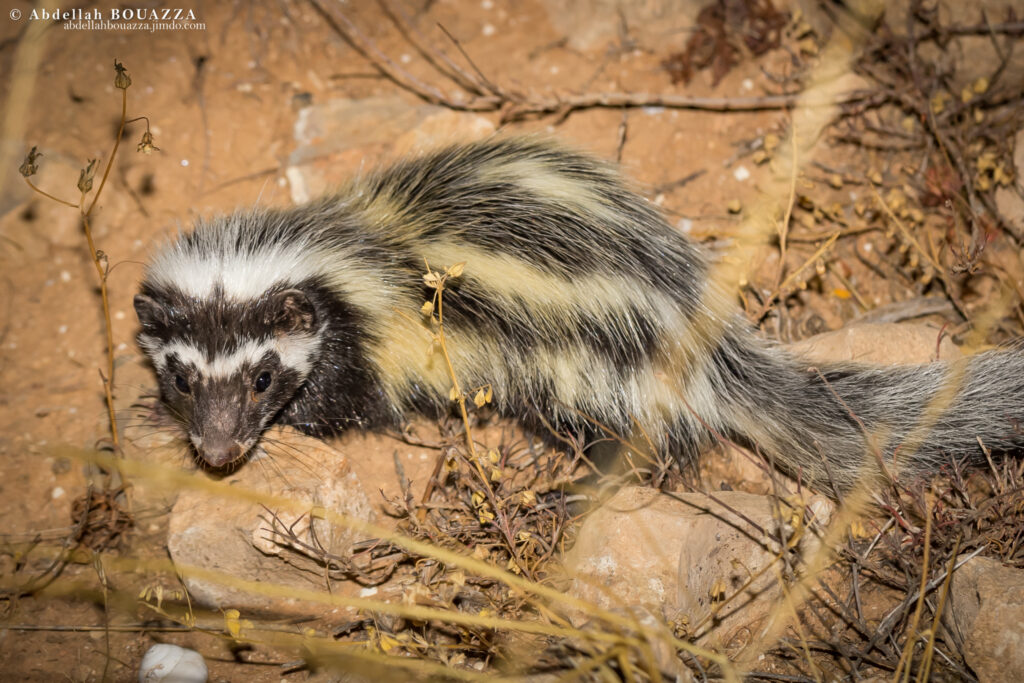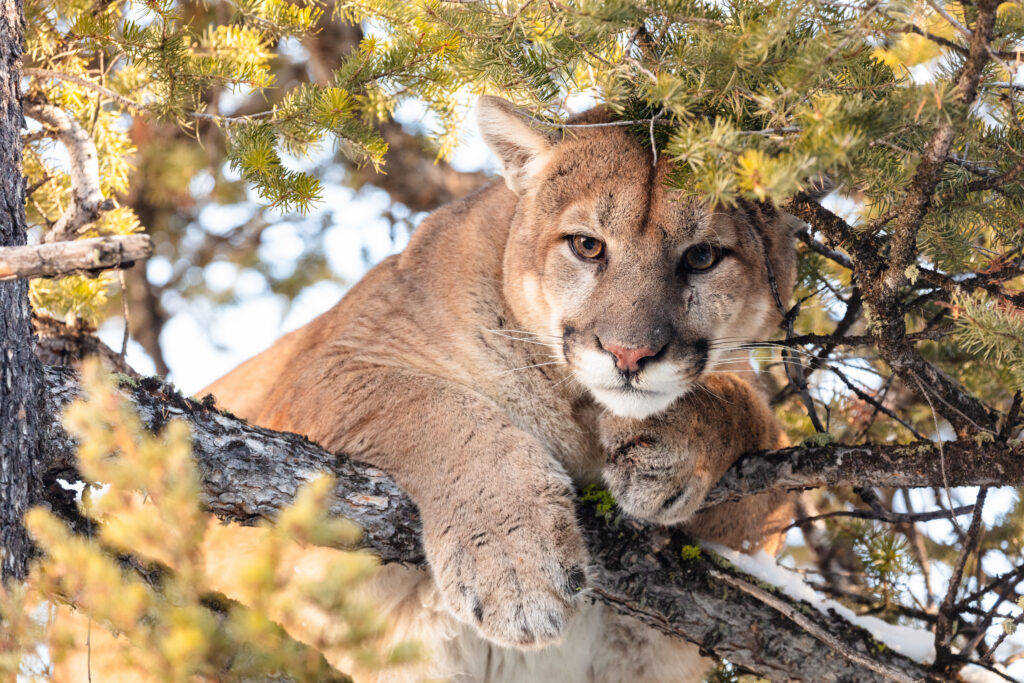Birders and bird researchers have declared this week as Black Birders Week.
Starting May 31, organizers of the weeklong event aim to increase the visibility of black birders across the world in an effort to celebrate cultural diversity in the birding and naturalist communities.
“We want to increase the visibility of black people in these spaces, especially to other black people and people of color, because it can be very isolating,” said Corina Newsome, a graduate biology student at Georgia Southern University and one of the organizers of the event. “Many of us have almost always been the only black person in all of our spaces, academically or as it relates to outdoor exploration.”
Newsome said that the weeklong event, which will continue through June 5 and is showcased on Twitter and Instagram using the hashtag #BlackBirdersWeek, started from an online group of black biologists, ecologists and naturalists founded by birder Jason Ward partly in response to the racism experienced by birdwatcher Christian Cooper in New York City’s Central Park near the end of May.
“We want to start a dialogue with the birding community in general, which is overwhelmingly white and older generation folks, about the issues that black people have faced in the birding community, which people are largely unaware of,” Newsome said.
“What happened to Christian wasn’t as much about birding as it was about being black in America,” Drew Lanham, the Clemson University professor who delivered the plenary at last year’s joint conference with the American Fisheries Society in Reno, Nevada, recently wrote in Newsweek. “The knowledge that some people hold enmity toward you simply because of the color of your skin is corrosive to the soul. Whether black people are watching birds, jogging through a neighborhood or sleeping in their own bed, the racist marrow within this country’s bones is a constant threat.”
“I would say that especially after the incident that happened in the last couple of weeks with Christian Cooper, our group saw an opportunity to bring about a pretty important conversation,” said Kassandra Ford, a PhD candidate at the University of Louisiana at Lafayette and another organizer of the event.
Ford said that many black people love birds and nature and love to get outdoors, but sometimes face challenges that others may not experience — especially given that birders often carry binoculars, large camera lenses or other equipment.
“Granted, birding is a suspicious looking activity for anybody,” Newsome said. “That kind of lack of trust can be exacerbated for black people.”
Ford added that many people in the community have to take extra precautions like wearing hats with Audubon Society logos or carrying field guides while out birdwatching.
“Every person in this group has had an experience at one time or another with the public or with a police officer that made them uncomfortable, or frustrated, or angry,” Ford said.
Newsome hopes the event also highlights the importance of diversity in the wildlife community and among wildlife professionals.
“You can easily just look at the natural world for why diversity is important,” she said, adding that ecological or genetic diversity is important for working ecosystems.
“Those same kind of principles can be applied to groups of people,” she said. “If you have a diverse set of perspectives, you’re going to be much more capable of problem-solving, and strategizing, and be a much more robust community of people.”
Jamila Blake, professional development manager of The Wildlife Society, said she is looking forward to engaging in the conversation this week and participating in events like the #BirdingWhileBlack livestream.
“After recent events, we might tend to dwell in a negative or paralyzing head space, but Black Birders Week is an incredible opportunity to focus on the positive work being done and celebrate our Black birding community,” she said. “Events like this are crucial in creating an inclusive space for wildlife professionals.”
Article by Joshua Rapp Learn